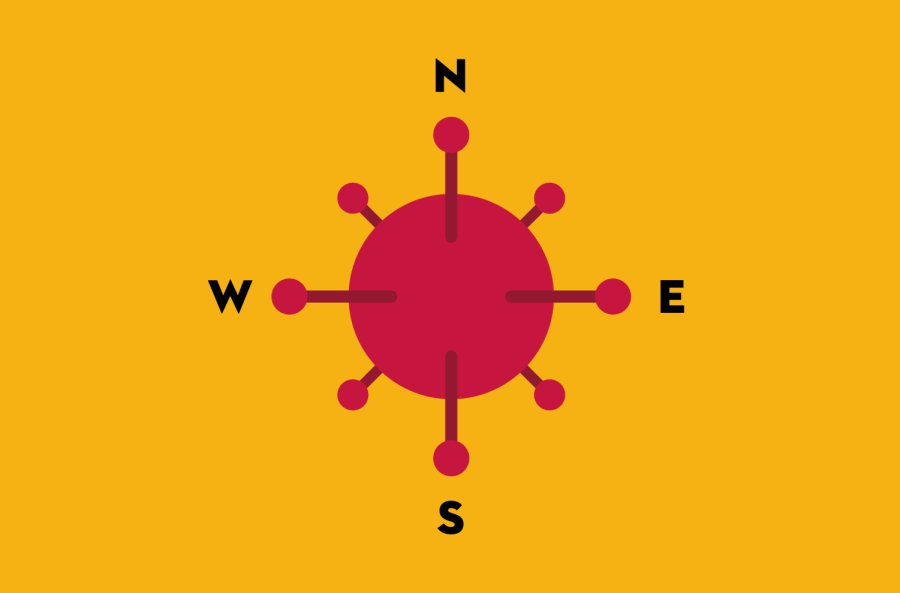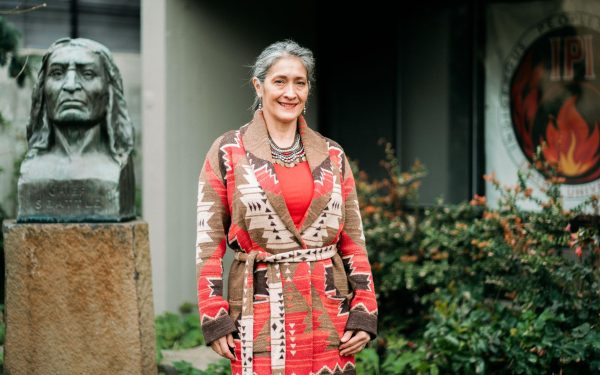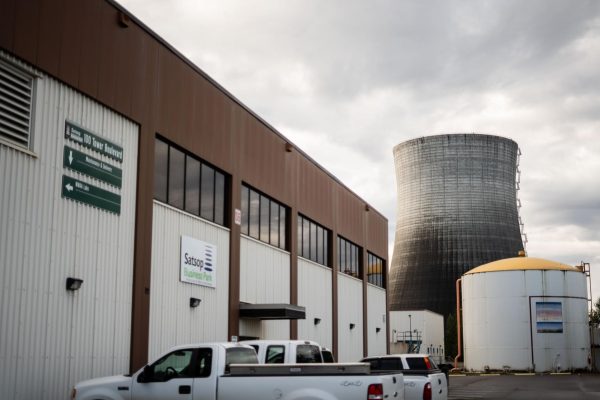Seattle U Community Prepares for Another Year of COVID-19
The first widespread in-person classes since before the COVID-19 pandemic hit are underway at Seattle University, yet that does not mean that the pandemic is over. Seattle U is continuing to follow the Washington State and King County health and safety guidelines to encourage community safety.
Seattle U is following Governor Inslee’s proclamation on higher education. Under Inslee’s proclamation, institutions of higher education (or IHEs) can only provide in-person instruction and events if they are fully vaccinated by Oct.18. Requirements to be considered a fully vaccinated campus include a policy requiring students to have received a vaccine approved for emergency use by the FDA or WHO as well as proof of full vaccination.
Seattle U meets many of these requirements because of the university’s vaccination requirement announced last spring. The university requires all students, faculty and staff to be vaccinated against COVID-19 or have an approved exemption.
Seattle U community members were required to provide vaccination documentation to the school prior to coming on campus. Currently, 95% of students and 96% of faculty and staff are fully vaccinated against COVID-19.
James Willette, Seattle U’s associate vice president and dean of students, commented on some of the changes the university was able to make due to high vaccination numbers.
“We don’t have a physical distancing requirement anymore because the governor’s proclamation doesn’t require that restriction for fully vaccinated campuses,” Willette said. “There’s also fewer restrictions in the residence halls around things like guests and gatherings for programs and events, so we’ve been able to really loosen some of the restrictions that we had last year because we’re such a fully vaccinated campus at this point.”
The only exceptions to the vaccination policy are religious and medical exemptions. As of Aug. 26, Seattle U stopped accepting philosophical exemptions. Willette confirmed that the choice was made in response to Governor Inslee’s updated proclamation removing philosophical exemptions.
The campus has also undergone many physical changes to ensure safety against COVID-19. Air filtration upgrades are one of many changes outlined in the Facilities Services COVID-19 Response Plan. The heating, ventilation and air conditioning system (HVAC), now changes the air in a space three times per hour. The old air is replaced with either outdoor air or MERV-13 filtered air.
Rob Schwartz, the associate vice president of facility services, explained what MERV-13 is and the process of implementing it in the buildings.
“MERV-13 is not what we would typically do for higher-ed. It’s more of a hospital type filtration. So what we did is went through all of our buildings that had units and we had a third party contractor help us evaluate ‘can this unit handle putting in these filters’ because it puts more load on the equipment,” Schwartz said.
MERV-13 filtration is not available in every building around campus—buildings that are not able to provide MERV-13 filtration have portable filtration units. The facilities plan also includes protocols for enhanced cleanings.
Upgraded buildings used for classes are one of many precautionary measures that clubs are using as they are beginning to meet in person again.
Noah Winkelman, a fourth-year journalism major and vice president of athletics at RedZone, explained safety measures RedZone is taking to keep members safe. The Safe Start Health Check is required before coming on campus, masks are worn and a student ID card is swiped just in case contact tracing is necessary.
Despite these safeguards, Winkelman shared some complications RedZone ran into while planning a homecoming event where they give out free s’mores at the end of the parade.
“If we’re having people there eating and gathering, it’s like, the only time you’re allowed to have your mask down is when you’re eating. How do you regulate that? If it is going to be after the parade, hopefully that’s gonna bring out a lot of people, which is the hope. But then, how do you keep people safe, which is a main priority? It’s a hard balance,” Winkelman said.
The hardships Winkelman and other students have faced is a sharp contrast to their excitement about the year. Willette shared his confidence for the upcoming year.
“I feel like we have a community of faculty, staff, and students who genuinely care about each other, care about keeping each other safe,” Willette said. “I think there’s a lot of positive energy for being back on campus in person this year, so there’s a shared commitment that we all have to do our own part so we can all be here together.”
The Seattle U community will have to continue navigating COVID-19 throughout the year, but a responsible community will make all the difference.










